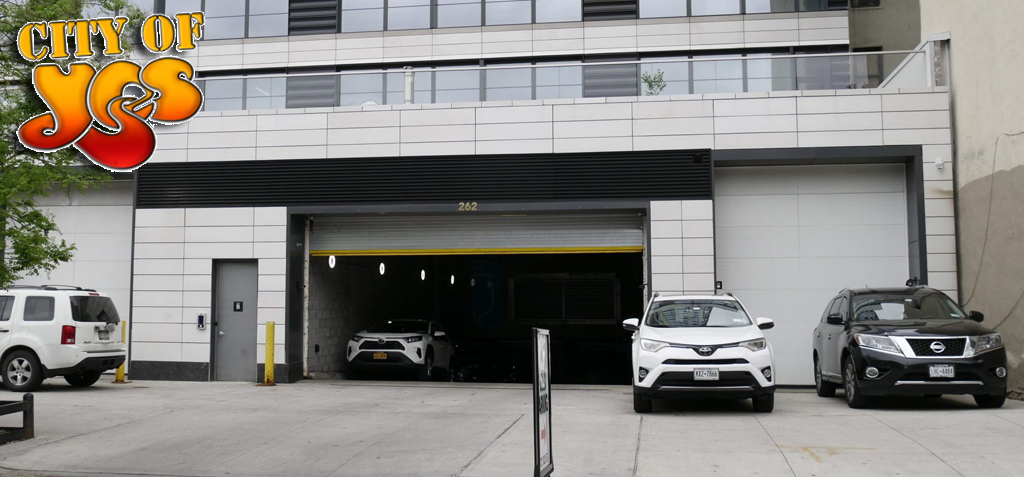Cars gonna car.
Key Brooklyn community board chairs signaled on Tuesday night a resounding "no" for a key part of Mayor Adams's signature "City of Yes" zoning proposal as the leaders of car-centric communities demanded the removal of any changes to the city's current policy of requiring developers to build costly parking, a policy that leads to less, and more expensive, housing.
The effort to excise any mention of altering the current parking mandate policy is being led by Rodrick Daley, the chairman of Community Board 17, which includes neighborhoods with moderate car ownership such as East Flatbush, Rugby, Farragut/Hyde Park, Remsen Village and Erasmus.
Daley had sought to table any discussion of parking mandates at a non-public meeting last month. On Tuesday, Daley doubled down on his desire to have the parking reform thrown out of the City of Yes for Housing Opportunity proposal because, he claimed, it doesn't take the reality of how his community feels about parking.
“We have been inundated with different things presented by the city,” Daley told Streetsblog after the meeting adjourned without a vote. "This is just an additional component where [the city] is not looking at parking and in essence is trying to force our communities to use public transportation or to use Citi Bikes."
The mayor’s historic zoning plan is in the midst of the public review process. A key component of the housing opportunity plan would remove costly parking mandates. Experts say this will incentivize development and allow parking to follow demand. Opposition to parking mandates stems from fear that more housing equals more people competing for coveted free street parking.
“Finding parking on the street is absurd,” Daley told Streetsblog. “And then you’re building more apartment units, and people are coming in who might or might not have cars. It's only magnifying a problem, because there is no new apartment that’s going to come in and no [new] residents have a car.”
Daley got support from Brooklyn Community Board 4 Chair Robert Camacho, who also criticized the notion of abandoning parking mandates out of fear that the move would increase the competition for existing street parking.
But it wasn’t all no’s for "Yes." Julio Peña III, the chair of Community Board 7 reminded board members that the proposal does not eliminate a developer's ability to build parking, but merely takes away the requirement so that developers can be flexible in areas with high transit use.
“For developers or anyone building new housing, it doesn't preclude them from including parking,” said Peña, whose board covers Sunset Park and Windsor Terrace. "For communities similar to mine with middle- to high-density, it gives the opportunity to create more housing when we are really close to transit. We need to reduce our dependence on vehicles."
Peña was backed by Community Board 6 District Manager Mike Racioppo, who pointed out that his district, encompassing Carroll Gardens, Cobble Hill, Park Slope and Red Hook, is fortunate to have access to public transportation.
“We are 100 percent in favor of the parking mandate being removed,” said Racioppo. "It is more important that we build housing near transit areas. [Zoning] should encourage less parking."
In the end, a Borough Board vote was tabled until next month because too many panelists had gone home.






